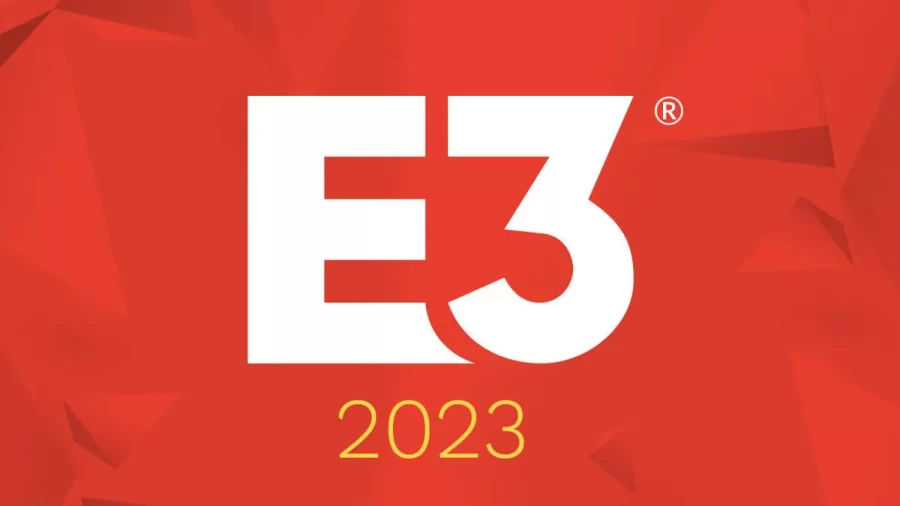E3 2023 Cancellation
E3’s Fall
The beginning and end of the first-ever gaming convention
May 6, 2023
Video games have exceeded all expectations in terms of popularity. In 2022, it was estimated that 54.2% of the United States population were digital gamers. With an ever-growing excitement for video games and the exponential growth of gaming corporations, the percentage should only increase. But slowly through all of the years of corporate corruption, gaming has lost its touch, and the Electronic Entertainment Expo, or E3’s, fall from grace is the perfect demonstration of this phenomenon.
E3 had humble beginnings: in 1991, most of the video game industry struggled to find an appropriate medium for displaying and advertising their new products. Many flocked to the “Consumer Electronics Show”, despite its questionable condition. Tom Kalinske, CEO of Sega America, explains: “[CES] put us in a tent … That particular year it was pouring rain, and the rain leaked right over our new Genesis system.” Most conventions treated companies taking part in the up-and-coming industry terribly, causing most to find new ways to advertise their products.
After lots of collaboration, the creator of GamePro, Pat Ferrell, came up with an idea for a video game-centered convention. E3 was born, and its first event took place in 1995 at the Los Angeles Convention Center. The event’s premise caught the attention of multiple video game companies, bringing in more than 40,000 attendees. E3’s success was unprecedented compared to all videogame achievements until then, and became known as the go-to event in gaming history. This was the beginning of the E3 golden age, spanning 11 years between 1995 and 2006. Though the future of the event seemed bright, it would slowly fall apart.
As the years went on, the excitement around video games cultivated by the event slowly drained, partly because of many problems which arose during the event. Booths were often too expensive, at around $5-10 million, or the event had to cap their attendance at around 10,000 people. One of the most crippling blows to E3 was the disappearance of Nintendo and EA, two of the highest-grossing gaming corporations in the business. This was the beginning of E3’s biggest problem: keeping up with competitors.
When Nintendo and EA left, they didn’t stop advertising; they simply established their own shows. Almost like wildfire, the industry began to follow suit, with many companies like Microsoft and Sony, creators of the Xbox and PlayStation, creating their own video game conventions. E3 was born at a time when video game trade shows were unheard of, and companies flocked to it out of desperation. As the major players in the video game industry realized their potential, there was no longer a need for E3.
The last glimmer of hope for E3 was its PC games, games that had nowhere else to go. E3 took advantage of this and introduced a new event called the “PC Gaming Show”. Despite the new approach, 2019 was the last in-person event. In 2020, E3 couldn’t go on for several reasons: booths were too expensive, a third of exhibitors had left, and the world was devastated by COVID-19. Surprisingly, the virtual E3 event in 2021 succeeded, but the success wasn’t enough to bring them back.
Partly due to both the pandemic and a lack of interest, the 2022 and 2023 events slipped through the cracks. Major companies skipped out on the event and the E3 joint companies, Reedpop and ESA, finally pulled the plug on the 2023 event and announced that it “simply did not garner the sustained interest necessary to execute it in a way that would showcase the size, strength, and impact of our industry.” They said that they will use this time to consider future plans for E3 and how to improve it.
E3’s fall from grace as the biggest video game convention in the industry was a very rough tumble. But, depending on its next scheduled event in 2024, we might be able to finally see the golden ages of the Electric Entertainment Expo once again.

